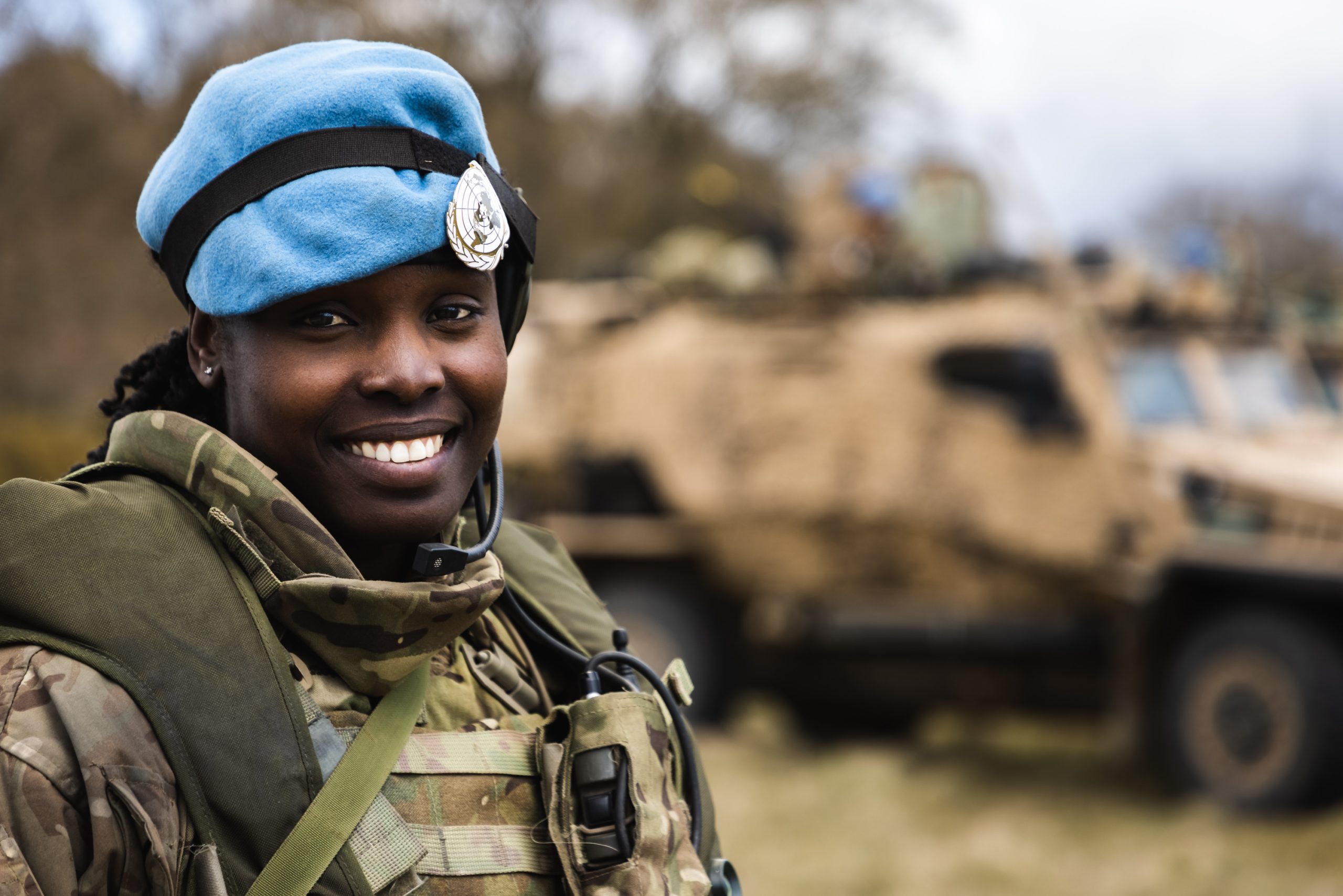- Resistance continues to show up in different ways across all institutions – whether it is a request for more evidence before acting, or the argument that the gendered dimensions of a conflict must wait as a second order priority. Progress in many organisations remains personality driven, rather than institutionalised. Political will at the highest levels remains a powerful lever to drive an agenda within government.
- How the agenda is communicated matters in building buy-in to gendered approaches as an enabler rather than an add-on, particularly in military and security spaces where language and cultural incentives differ. Creating space to understand concerns and explore perceived/ actual risks and trade-offs is important, as is building a critical mass of male and female senior leaders who understand and can advance the agenda.
“Gender is being delegated to the working level. There is not enough buy-in from senior leadership to see it as a contributor to security objectives.”
Recommendations
- All actors should reframe the conversation with a military/security audience by underlining that: gender is an essential and operational consideration in ending a crisis effectively; key to reaching and sustaining desired outcomes/end state; and by framing protection as a human security concern.
- All institutions should normalise gender as a relevant consideration for everyone and bring senior men and women into the conversation by: creating psychological safety for men to air concerns in a way that they can be discussed and addressed; moving towards gender being promoted by men as well as women; and open discussion on masculinities.
- Institutions should incentivise senior engagement and ability to apply gender into conflict decision-making by appointing senior gender envoys / positions that have influence within the most senior decision-making spaces.
- Governments should bridge peacebuilding (civil) and security (military) approaches by: bringing actors together in conversation; and within governments, considering shared policy making, decision making, submissions, and secondments across departments.
- Governments should develop a culture of learning and listening: training and coaching policy makers and future leaders on gender; investing in impact assessments and data and evidence on what works on gender in conflict; and sharing this internally and externally so that lessons translate into learning and practice.
